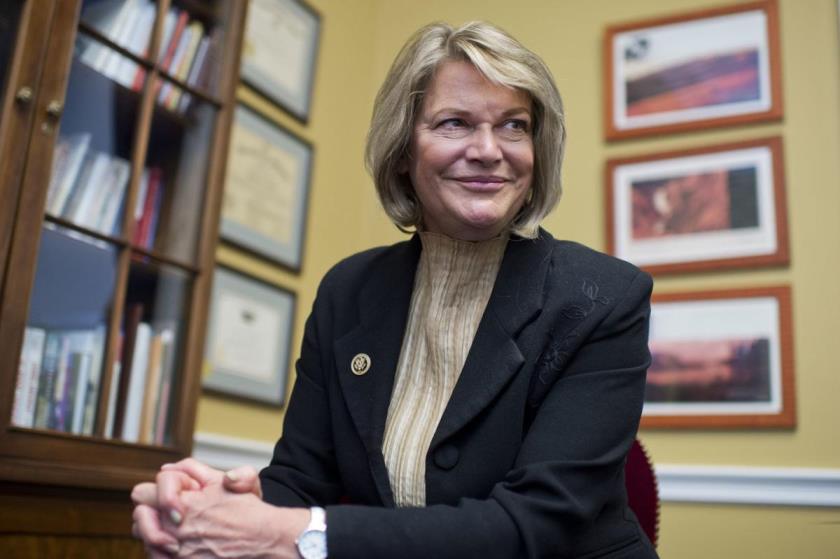U.S. Senator Cynthia Lummis hails Bitcoin as a possible retirement strategy

Pro-Bitcoin senator Cynthia Lummis has voiced her optimism over the future of Bitcoin, touting it as a possible retirement strategy.
In a recent interview with CNBC, Lummis advised Americans to consider cryptocurrencies as an option to diversify their long-term savings and retirement, noting that she has already invested in Bitcoin. According to her, she currently holds about five BTC, which were first purchased when the price of the flagship crypto was just $330. With Bitcoin trading at over $33,000, Lummis could be sitting on a profit of over 10,000 percent.
Lummis encourages Americans to “buy and hold” as one of the ways to save for their future.
I worry about having all of our retirement monies denominated in U.S. dollars. As part of diversification, having a very diverse asset allocation, you don't have all your eggs in one basket. I think one of the strongest stores of value for the long run is bitcoin [...] So whether you're an employee that has a retirement fund – I'd like to see those retirement funds invested in bitcoin and other cryptocurrencies that are good stores of value – but I'd also like to see individuals be able to use bitcoin and cryptocurrencies of their preference that are safe, that have met the hurdles of anti-money laundering and Bank Secrecy Act, but that allows people to use their cell phones to send stores of value, bitcoin, to each other.
Speaking of the senator’s portfolio, Bitcoin is currently the only cryptocurrency on her balance sheet, on the grounds that it is the only digital asset she “really understands.” However, Lummis was quick to note that her endorsement of Bitcoin does not mean that it is the only useful cryptocurrency. She said that Ethereum could have its own benefits as well.
Recall that in February Lummis unveiled her plans to launch a Financial Innovation Caucus. Through the initiative, she hopes to push the use of cryptocurrencies like Bitcoin as a medium of exchange and assets to diversify long-term portfolios. But even the senator admits that this could be tough.
For Bitcoin and cryptocurrencies, in general, to get to this point, they will need to comply with current anti-money laundering laws. Finding the right balance between regulation and the sector’s fast-paced innovation would require creating public infrastructure related to crypto.
We don't want to over-regulate or differently regulate traditional banking and non-fiat currency banking because we want them to have a level playing field.




